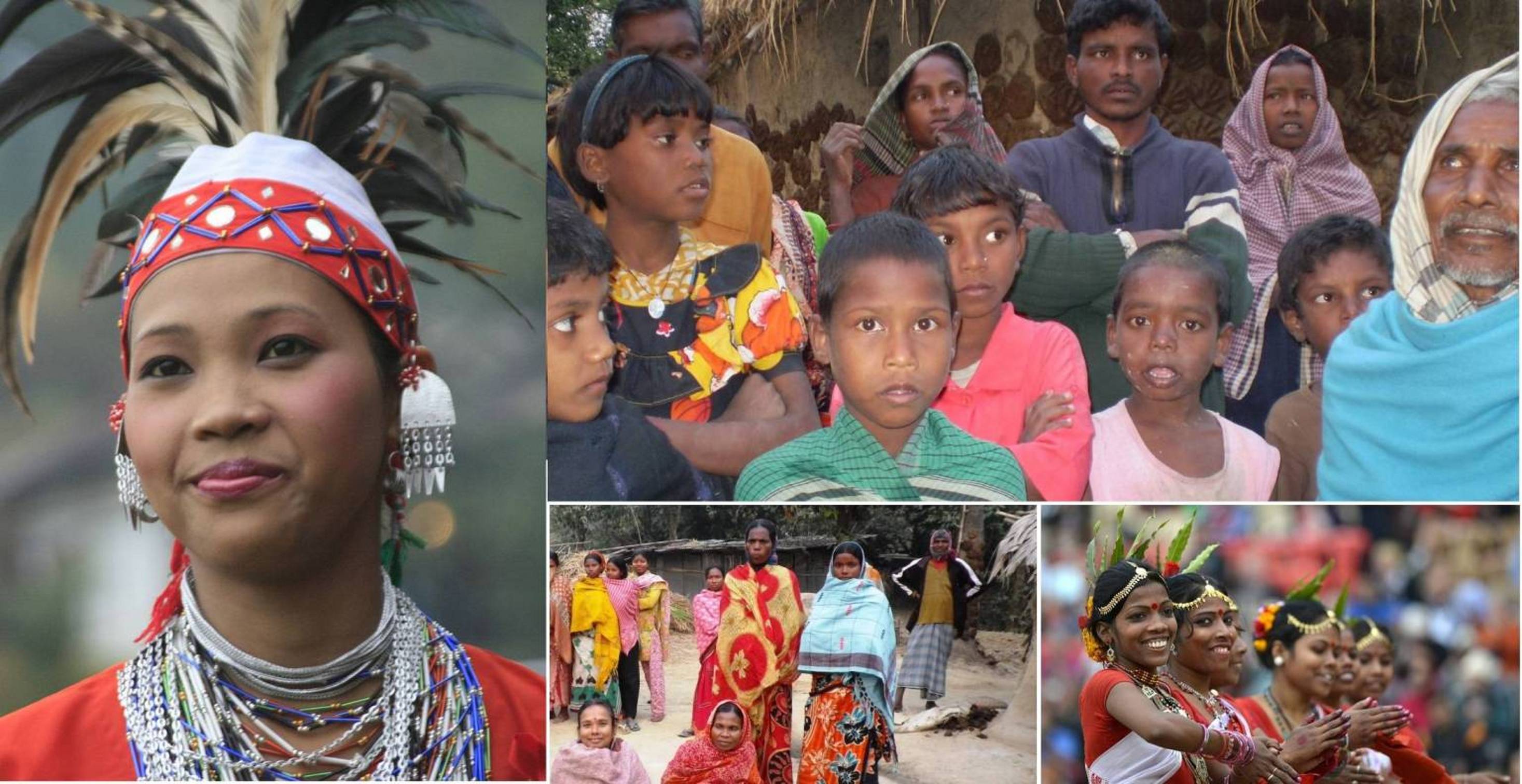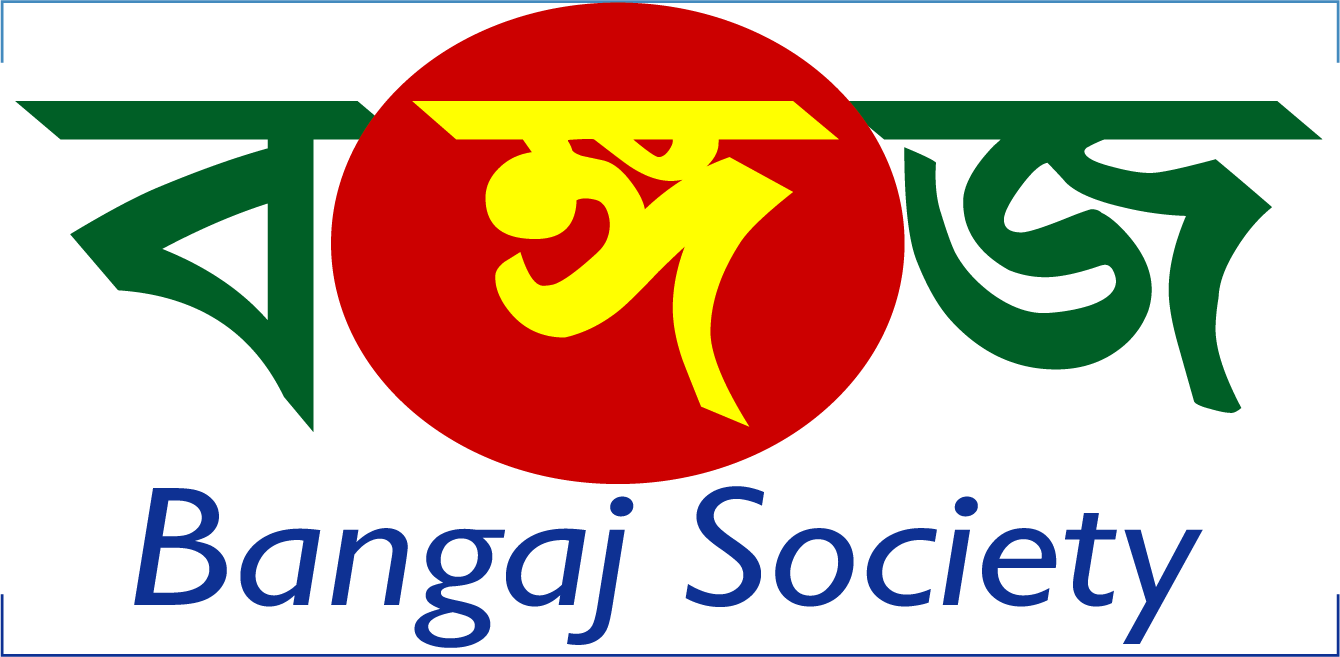
Bangladesh is a multicultural ethnic country where more than 34 ethnic communities are living in the plain lands. They are supposed to get equal laws and protections rights like majority but in reality, they are victim of human rights violation along with rights to land, livelihood, language and culture. The plain lands ethnic minority people are mostly suffered from land deprivation. It is one of the reasons for displacement and migration, loss of livelihood and preservation of the long-standing cultural heritage of the ethnic minority groups. In another side, Dalit groups in Bangladesh are considered as lesser human beings who are also subjected to discrimination, segregation and untouchability which is enrooted in their identity at birth. This biasness and discrimination towards Dalit groups led to poverty with utmost limited access to adequate housing, health and education. Though the Government of Bangladesh has focused on non-discrimination issue in the constitution but despite the prohibition of discrimination, political, economic and social exclusion are practice in entire country based the race and tribe system.
Objective of the programme:
Promoting rights and social inclusion of Adivashi in Plain Land, Chittagong Hill Tracts (CHT) area and Dalit/Harijan/Tafshili community of Bangladesh.
Strategies:
- Create an enabling environment and develop capacity of government institutions and local government bodies so that they become more proactive and sensitive in providing their support to Ethnic Minorities, People with Disabilities, Tran-gender etc.
- Engage them in diversified livelihoods, income and employment opportunities and marketing for economic empowerment
- Ensure active participation of Ethnic Minorities, in different committees of Local Government Institution (LGI) and public institutions at local level and develop their confidence in demand creation
- Policy advocacy, research and campaign
Major actions:
- Meeting with targeted communities and create an alternative income generation options maintaining their dignity
- Promotion of sustainable livelihood options including improve marketing, use of modern technologies in agriculture, livestock, fisheries, business options for Ethnic Minorities, People with Disabilities
- Creation of employment generation and business development supports to targeted communities/people for creating wider and profitable scope to use their Indigenous knowledge
- Establishment of Self-reliance structured organization and Network Development of different marginalized groups with capacity building for claiming rights and improve access to khasland and water bodies
- Collaboration and Coordination with Government Service provider institution (Cooperative office, Agriculture office, Social welfare office and JPUF) for quality service delivery by the duty bearer and establishing people’s monitoring system for ensuring accountability of duty bearers at local level
- Partnership with Upazila Parishad and Upazila Women Forum for Public Resource Management and Protection of Rights of the Marginalized groups and Reduce Violence against Women.
- Knowledge Management and Policy Advocacy through participatory documentation, campaign and experience Sharing
- Promotion of “Community Development Plan” (CDP) in addressing needs and problems of the community either by themselves/ by Civil Society Organization based on the nature of the problems
